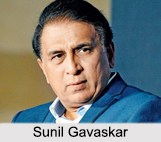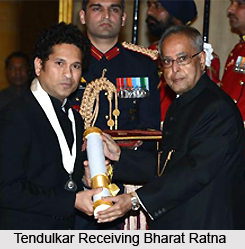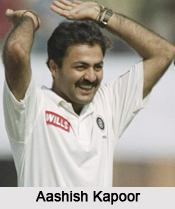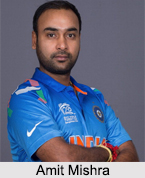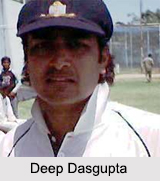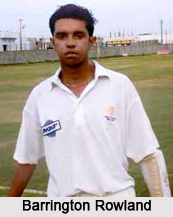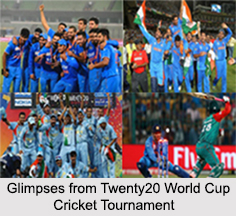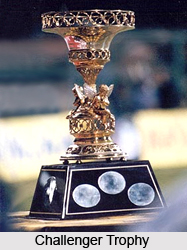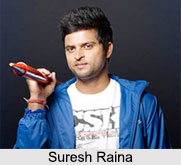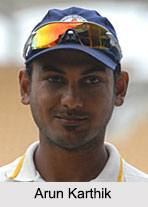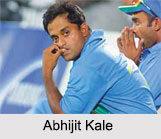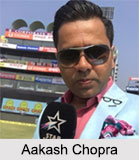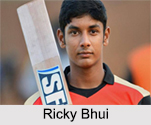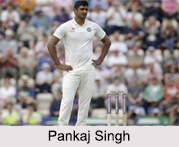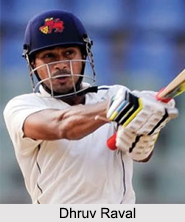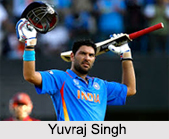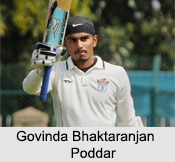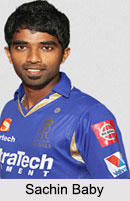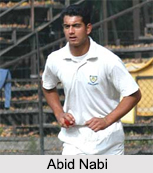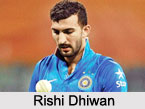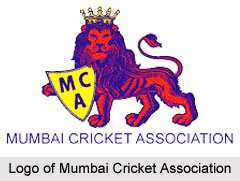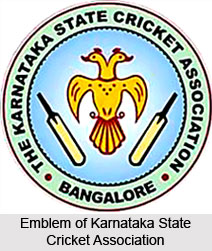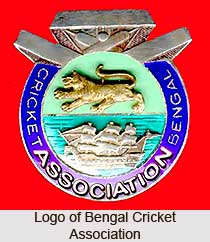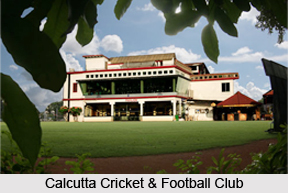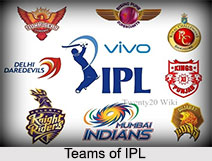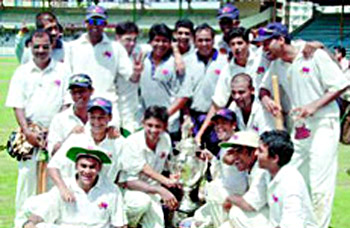 The organisers of the Ranji Trophy, 2002-03, the Board of Control for Cricket in India (BCCI), made a lot of changes in the basic format of the tournament. The tournament was being organised in a zonal system for the previous several years in which, the participating teams were divided into five different zones, depending on their geographical positions. The teams used to play against each other first in the zonal level league matches and then they used to proceed to the knock out level of the tournament. However, the format was changed in the Ranji Trophy, 2002-03 and the BCCI divided the teams into two groups, named Elite Group and Plate Group in this edition. There were two pools of 8 and 7 teams in the Elite Group of the tournament and the tournament organisers made another two groups, each containing 6 teams, in the Plate Group of the Ranji Trophy.
The organisers of the Ranji Trophy, 2002-03, the Board of Control for Cricket in India (BCCI), made a lot of changes in the basic format of the tournament. The tournament was being organised in a zonal system for the previous several years in which, the participating teams were divided into five different zones, depending on their geographical positions. The teams used to play against each other first in the zonal level league matches and then they used to proceed to the knock out level of the tournament. However, the format was changed in the Ranji Trophy, 2002-03 and the BCCI divided the teams into two groups, named Elite Group and Plate Group in this edition. There were two pools of 8 and 7 teams in the Elite Group of the tournament and the tournament organisers made another two groups, each containing 6 teams, in the Plate Group of the Ranji Trophy.
The BCCI promoted the top two teams from each of the groups to the knock out level of the tournament. The Plate Group teams played in the Semi-Finals and Final of the Plate Group. The two finalists of the Plate Group were promoted to the Elite Group for the next year`s edition. On the other hand, the Elite Group teams played in the Elite Group Semi-Finals and Final and the champion and runner-up of the Elite Group was considered as the ultimate champion and runner-up of the Ranji Trophy. The 27 regular teams that played in the Ranji Trophy, 2002-03 included the likes of Andhra, Assam, Baroda, Bengal, Bihar, Delhi, Goa, Gujarat, Haryana, Himachal Pradesh, Hyderabad, Jammu & Kashmir, Karnataka, Kerala, Madhya Pradesh, Maharashtra, Mumbai, Orissa, Punjab, Railways, Rajasthan, Saurashtra, Services, Tamil Nadu, Tripura, Uttar Pradesh and the Vidarbha.
Ranji Trophy, 2002-03, Plate Group A Matches: 6 teams played against each other under the Plate Group A in the Ranji Trophy, 2002-03 and the teams had no geographical uniformity, like the previous zonal system. The teams included the likes of Kerala, Goa, Services, Tripura, Vidarbha and Saurashtra and they played against each other in the Plate Group A matches for claiming the top two spots in the Group. The main reason behind the teams` this endeavour was that only the top two teams from each of the two Plate Groups, were allowed to play in the knock out matches of the Plate Group. Though, all the teams tried their best, only the teams like Kerala and Vidarbha eventually entered into the knock out level from the Plate Group A, by earning the highest points from the group matches.
Ranji Trophy, 2002-03, Plate Group B Matches: The Plate Group B of the Ranji Trophy, 2002-03 consisted of 6 teams that were selected from different parts of India. The teams were not representing any particular region of the country in the premium domestic cricket tournament of India and they included the likes of Bihar, Jammu & Kashmir, Haryana, Madhya Pradesh, Maharashtra and Karnataka. The teams competed with each other very hard with a view to become one of the top two teams in the group and they also gave their best efforts to secure a berth in the knock out level. The teams like Madhya Pradesh and Karnataka eventually became successful to do so from the group, as they earned the highest points from the group matches.
Ranji Trophy, 2002-03, Elite Group A Matches: The Group A of the Elite Group in the Ranji Trophy, 2002-03 consisted 8 teams and the teams had no similarity in their geographical positions. The teams were mainly representing different states from different parts of India in the most popular domestic cricket tournament of India. The teams included the likes of Andhra, Himachal Pradesh, Bengal, Rajasthan, Delhi, Railways, Hyderabad and Mumbai and the teams gave their best efforts to claim the top spot in the group. Securing a berth in the knock out level was also another principal objective of all the teams, however, only the teams like Delhi and Mumbai could eventually do so from the group. The Delhi and Mumbai teams earned the highest point from the group level matches and they went on to compete with the top teams from the other group in the knock out level for the championship title.
Ranji Trophy, 2002-03, Elite Group B Matches: 7 teams participated under the Elite Group B in the Ranji Trophy, 2002-03 and the teams were not coming from any specific region of India. The BCCI selected the teams from different parts of India for playing against each other in the premium domestic cricket tournament in India. The teams included the likes of Assam, Orissa, Gujarat, Uttar Pradesh, Punjab, Baroda and Tamil Nadu and all of them gave their best efforts for becoming one of the top two teams in the group. The teams were aiming the top two spots in the group, because only the top two teams were allowed to advance to the knock out level of the tournament. The teams like Baroda and Tamil Nadu entered into the knock out level from the Elite Group B, as they earned the highest points from the group matches.
Ranji Trophy, 2002-03, Knock out Matches: The knock out level of the Ranji Trophy, 2002-03 comprised of two different parts, as the top teams from both the Elite and Plate Groups played against each other in their respective knock out matches. The Plate Group teams like Kerala, Madhya Pradesh, Vidarbha and Karnataka played against each other in the Plate Group Semi-Finals and Final match. The teams played with the aim of becoming one of the top two teams in the Plate Group so that they could get the permission to play in the Elite Group in the next year`s edition. On the other hand, the Elite Group teams like Delhi, Tamil Nadu, Baroda and Mumbai played in the Elite Group Semi-Finals and Final for clinching the championship title of the tournament. The Mumbai team played very well throughout the knock out level and eventually became the champion of the tournament by beating the Tamil Nadu team in the Elite Group Final.
